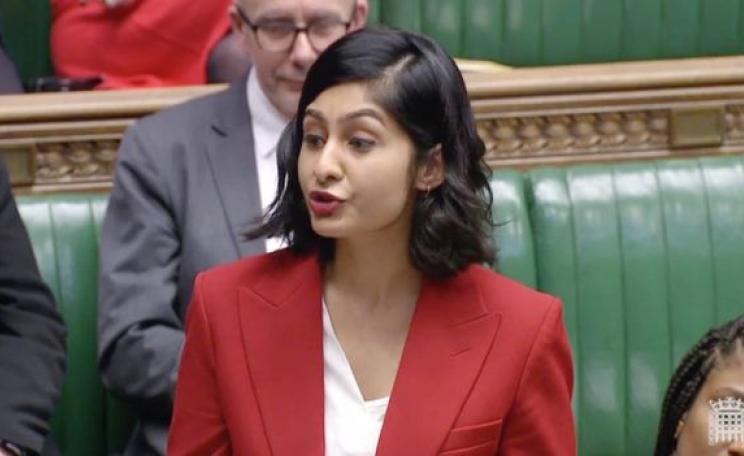-
The State of Nature in Britain report was published last month as the Green Party gathered in Newport for its autumn conference.
The report showed that despite a greatly increased focus on the loss of biodiversity and bioabundance in the national conversation in Britain since the first such report in 2013, the decline of our natural world continues, in what is already one of the most nature-depleted nations in the world.
Often the focus is on saving threatened, charismatic species, but what we’re facing is a massive collapse of natural systems, of the bulk and resilience of our natural world - the world on which we depend.
Doughnut Economics
Reserves, rescue projects, planting schemes and land management for individual species are all very well, but it was an emergency motion to conference responding to the report, presented by Green MP Caroline Lucas, that got to the heart of the issue: our economy, and its continued, disastrous, focus on growth.
The motion called for the prioritisation of the environment in all government decision-making and adoption of alternatives to GDP growth as measures of success.
It drew on the work of the Institute for Public Policy Research, hardly known as radical environmentalists, in developing the idea of a Sustainable Economy Act that acknowledges the collapse of nature, as well as the threat of the climate emergency, as already covered by the Climate Change Act of 2008. The motion, like the IPPR’s work, calls for binding targets on biodiversity, soil health and air quality.
The IPPR’s work might not have used the term Doughnut Economics, but it comes very close to accepting its principles in saying that all government departments have to be held to account for the environmental impacts on their decisions.
The motion at Green Party conference acknowledged that we can’t just be thinking about the state of nature in the UK, but working, fast, to cut the impact of our consumption of products made abroad on nature and natural systems all around the world.
What is needed is radical changes in systems, in laws, in thinking. We only had to look around us to see that.
Event organising
Our conference organisers, and the staff at the newly opened venue, had worked hard to make this as green a conference as possible, but there are so many barriers and assumptions that underlie 'how things are done' that are difficult or impossible to break by individual effort alone.
First, and most strikingly, is the fact that this new venue is in a location with virtually no public transport. There’s a No 9 bus, occasionally, stopping there, and finishing early in the evening.
Walking to the centre is a confusing maze that involves finding a route through twisting motorways. This is clearly a convention centre built for visitors (and probably mostly staff too) to drive to.
Then there was the normal ways in which things are done. Disposable cups are clearly the standard offering for hot drinks in the venue (although most Green Party members of course brought their own) - but why, in an enclosed, contained space like this, are reusable cups not standard?
Choices
We had bottled water for speakers - why not carafes of eau de tap, the cheapest, and certainly most environmentally friendly, option?
There are still so many basic, easy wins that have to be grounded in an acceptance that no waste should be created unless absolutely unavoidable, no resources consumed when they could be conserved.
Public and active transport should be the normal way to get around. Facilities need to be built to cater to that. And certainly in Newport there's no shortage of potential brownfield sites close to transport so this can be done.
That those things aren’t the case is the result of policy choices, and of decisions to ignore and allow externalised costs to be imposed on all of us.
Acknowledging the crucial need to reshape the frame in which we make decision - the way in which are economy is run - is crucial to tackling our multiple emergencies.
This Author
Natalie Bennett is a member of Sheffield Green Party and former Green Party leader.
Image: ICC Wales Conference Centre, Green Party.







